Question And Answer
Publications
Articles, publications, books, tools and multimedia features from the U.S. Institute of Peace provide the latest news, analysis, research findings, practitioner guides and reports, all related to the conflict zones and issues that are at the center of the Institute’s work to prevent and reduce violent conflict.
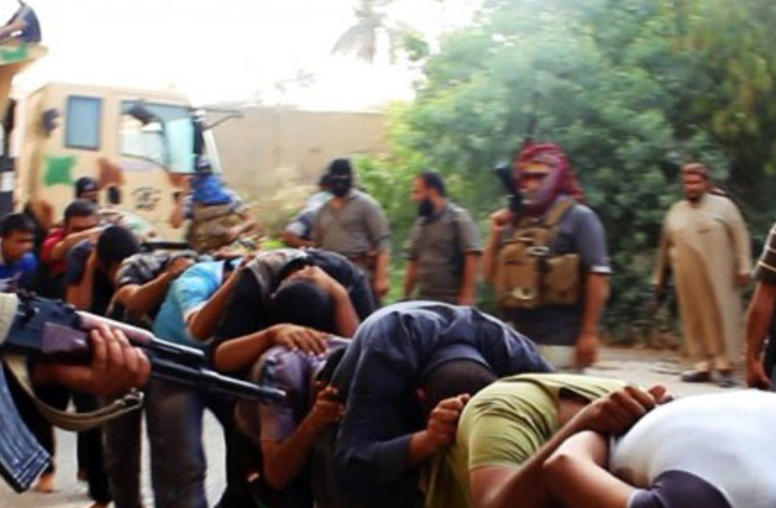
You Can’t Fight What You Don’t Understand
Is the violent extremism that's fueling the Islamic State something new?
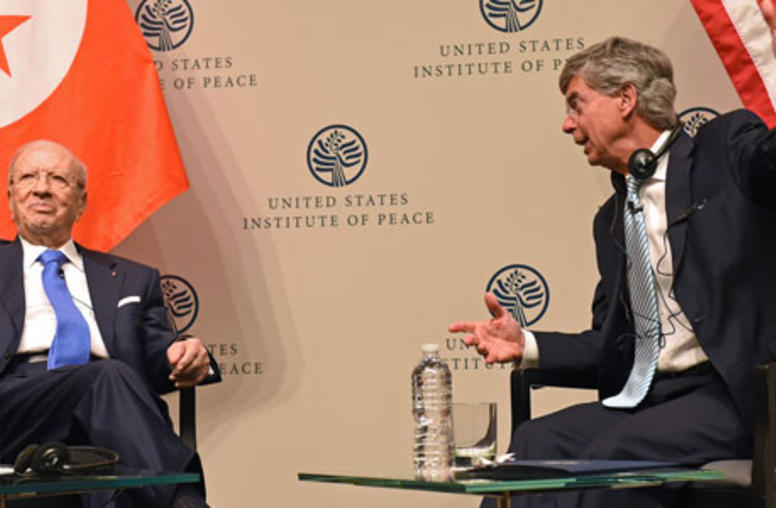
Tunisian President: U.S. Is Key to Arab Political Futures
With only Tunisia evolving peacefully toward democracy from the Arab Spring movement of 2011, a broader democratization in the Arab world depends on continued U.S. engagement in the Middle East, Tunisian President Beji Caid Essebsi told a May 20 public forum at the U.S. Institute of Peace.
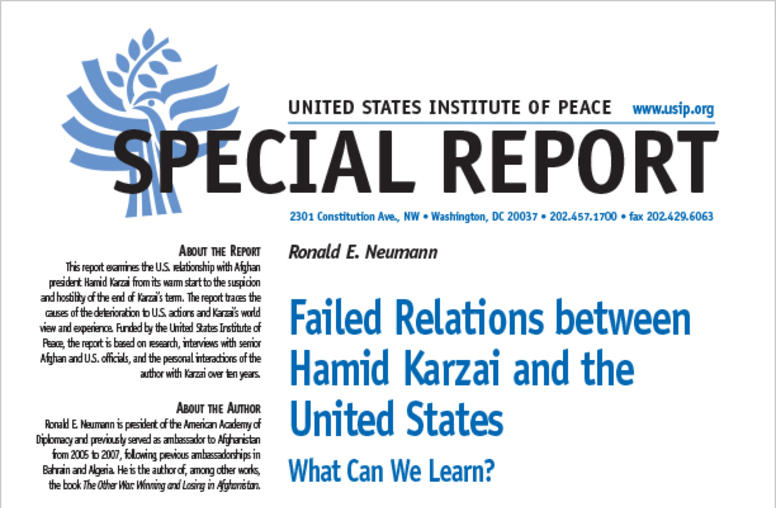
Failed Relations between Hamid Karzai and the United States: What Can We Learn?
The U.S. relationship with Afghan president Hamid Karzai deteriorated from a warm start to suspicion and hostility over the course of Karzai’s term. Intertwining personal and political considerations, this report examines how aspects of the Afghan political culture that is part of Karzai’s life experience, combined with a counterproductive U.S. approach that unnecessarily aggravated the situation, led to a downward spiral of miscommunication and mistrust that continued to the end of Karzai’s ...
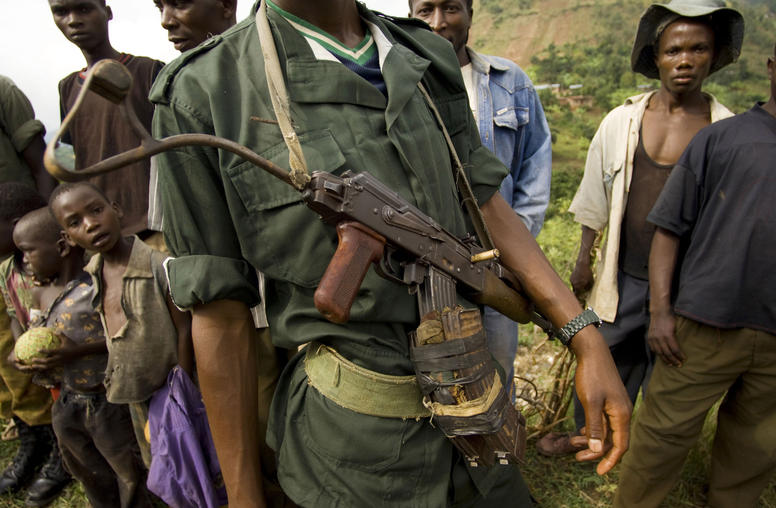
Burundi Unrest Evokes Hurdles for U.S. in Preventing Threats
The attempted coup in the tiny African country of Burundi, after weeks of unrest that has killed more than 20 people, provided immediate examples of quandaries for peacebuilding during a discussion at USIP this week: how U.S. diplomacy can emphasize prevention to counter threats, and how best to support young people to deter dangerous forms of extremism.
Diplomats, Aid Workers Must Take Risks to Reduce Conflict, New U.S. Blueprint Says
America’s new diplomatic and foreign-aid blueprint places top priority on the need to prevent and resolve violent conflict and strengthen governance in an effort to restore a measure of global stability. But to accomplish those objectives, the plan’s authors also stressed that U.S. government agencies, together with Congress, must directly accept and address the inherent risks to the civilian workers who carry out those missions.
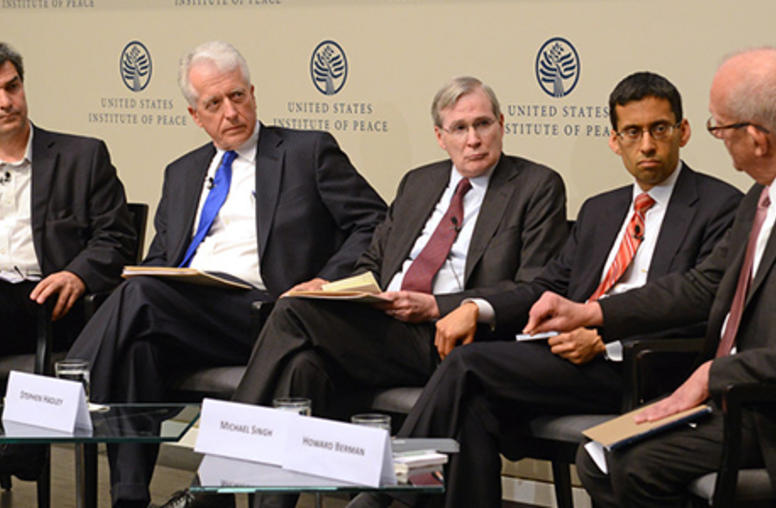
Will U.S., Iranian Politics Undercut a Nuclear Deal – or Save It?
A former Iranian lawmaker and a former member of Congress agreed that the question of whether American politics will give President Barack Obama the leeway he needs to reach a nuclear deal with Iran remains one of the central issues as negotiations resume this week. The Middle Eastern nation and the world’s six major powers face a June 30 deadline for converting a blueprint into a final agreement.
Why Ukraine Matters and Why the U.S. Should Help
Last year’s unexpected Russian invasion and annexation of Crimea and its hybrid war in eastern Ukraine raise profound questions about the future of European security and the U.S. role in maintaining peace, says USIP Acting Executive Vice President Bill Taylor.
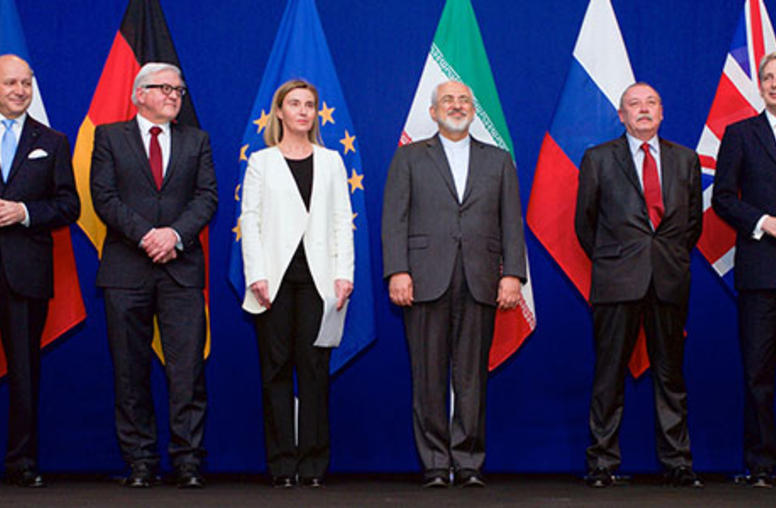
Q&A: In Principle, a Nuclear Agreement with Iran?
Iran has agreed with six major powers—the five permanent members of the U.N. Security Council plus Germany—to limit its nuclear activities for at least a decade in exchange for an end to international economic sanctions. This agreement on principles, announced yesterday, is incomplete. More talks will be needed to decide numerous technical details, including the pace at which sanctions will be lifted. As USIP’s Robin Wright explores the ramifications of the agreement for Iran’s place in the w...
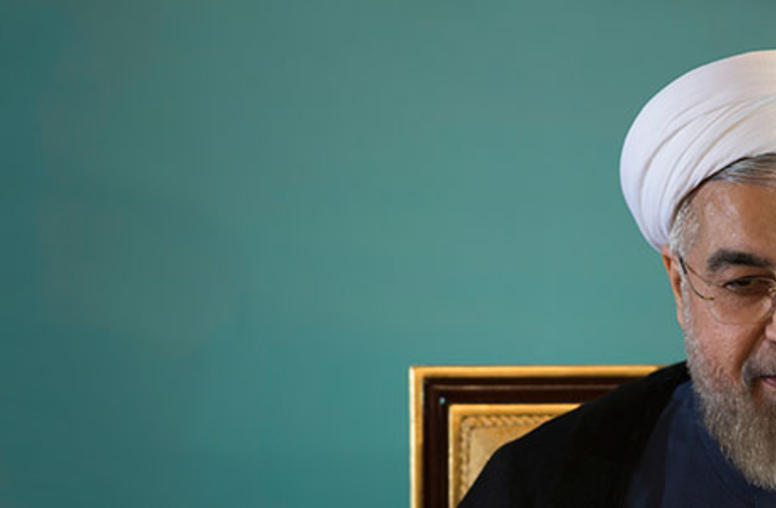
Q&A: Nuclear Deal Will Boost President Rouhani
Yesterday’s announced framework for a deal on Iran’s nuclear program will limit Iran’s nuclear activities in exchange for an end to international economic sanctions against the country. Many experts, including USIP’s Daniel Brumberg, have offered analysis of the agreement’s details, including its chances of preventing Iran from reaching a nuclear-weapons capability. Less attention has focused on the meaning of the accord for Iran and its place in the world. USIP expert and author Robin Wright...
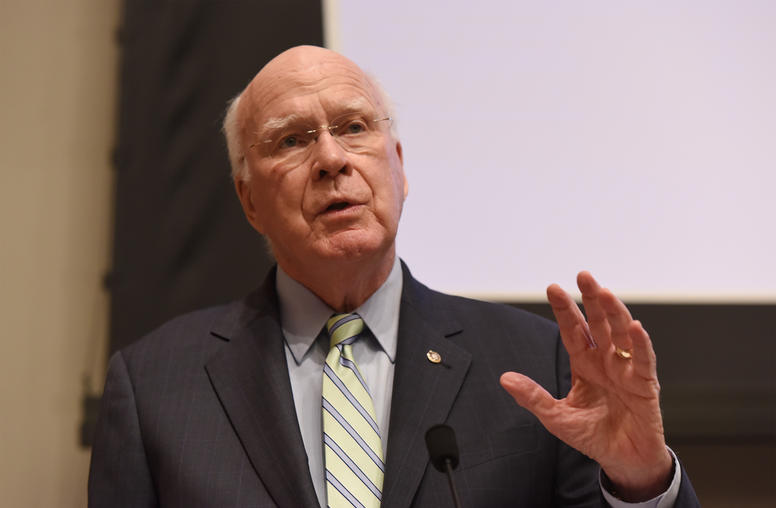
Human Rights Violations: U.S. Foreign Aid for Accountability and Prevention
For two decades, ensuring the U.S. isn’t complicit in gross human rights abuses by foreign police and military forces has rested in significant part on the shoulders of a law devised by Senator Patrick Leahy that bars U.S. foreign aid to individuals or institutions that commit violations. This week, Leahy exhorted more than 130 representatives of government, non-profit groups, international organizations, academia and research institutions gathered at USIP to consider the next step: how U.S. assistance can be used more effectively for both accountability and prevention.